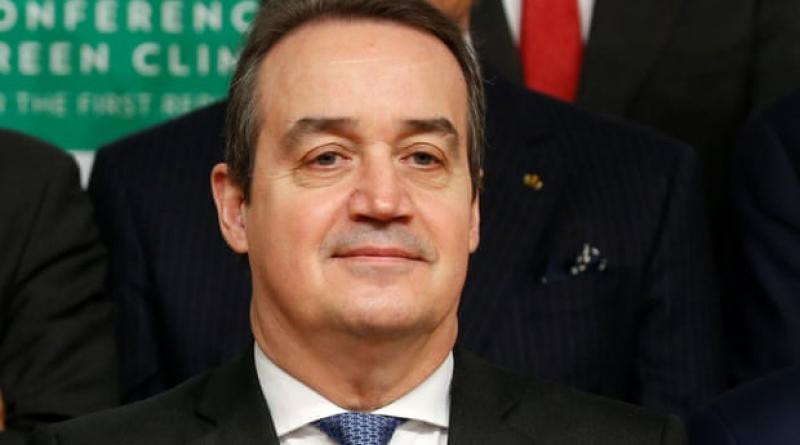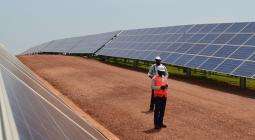Boss vows to tackle misconduct claims at UN Green Climate Fund.

Yannick Glemarec responds to FT report of 40 complaints including racism and sexism.
The head of the UN’s climate finance body has pledged to tackle complaints of misconduct at the organisation “as a matter of urgency”, after such claims against unidentified staff members were published.
Yannick Glemarec, the executive director of the Green Climate Fund, told the Guardian: “We need to continue working on building the culture of the organisation. Trust is key for our organisation.”
Glemarec was responding to a report in the Financial Times that there had been 40 complaints to the GCF’s independent integrity unit last year. The FTpublished no details (£) on Thursday of the alleged misconduct at the 330-strong headquarters in South Korea, but claimed the complaints included an unspecified number about racism, sexism and harassment.
Glemarec said there was a high number of complaints – up from 21 the previous year – because the unit dealt with a wide range of minor issues regarding staff discipline and personnel, and not just misconduct complaints. Only one complaint in 2018 and one in 2019 were upheld.
He said one reason why issues of varying degrees of seriousness were lumped together was because the GCF was a young organisation. Glemarec, who took up his post in April 2019, said the process would be streamlined in future.
He held an online forum for all staff in which they could ask questions and raise concerns about the issues alleged by the FT, and has promised training for managers on the organisation’s values.
The fund, which has a climate finance portfolio of £6.2bn invested, was set up after the Copenhagen climate summit in 2009, at which developed countries pledged that by 2020 at least $100bn a year of public and private finance would flow to developing nations to help them cut greenhouse gas emissions and adapt to the impacts of the climate crisis.
Glemarec said the GCF would focus on the UN’s forthcoming climate summit, called Cop26 and postponed by a year to next November because of the coronavirus crisis. While renewable energy projects were increasingly attractive to private investors as the costs tumbled, he said, there was a role for government-funded investment in areas where there was no clear financial return, such as protecting the poor and vulnerable from the impacts of extreme weather and global heating.
The GCF board recently approved $879m of funding to projects around the world.
27 August 2020
The Guardian




